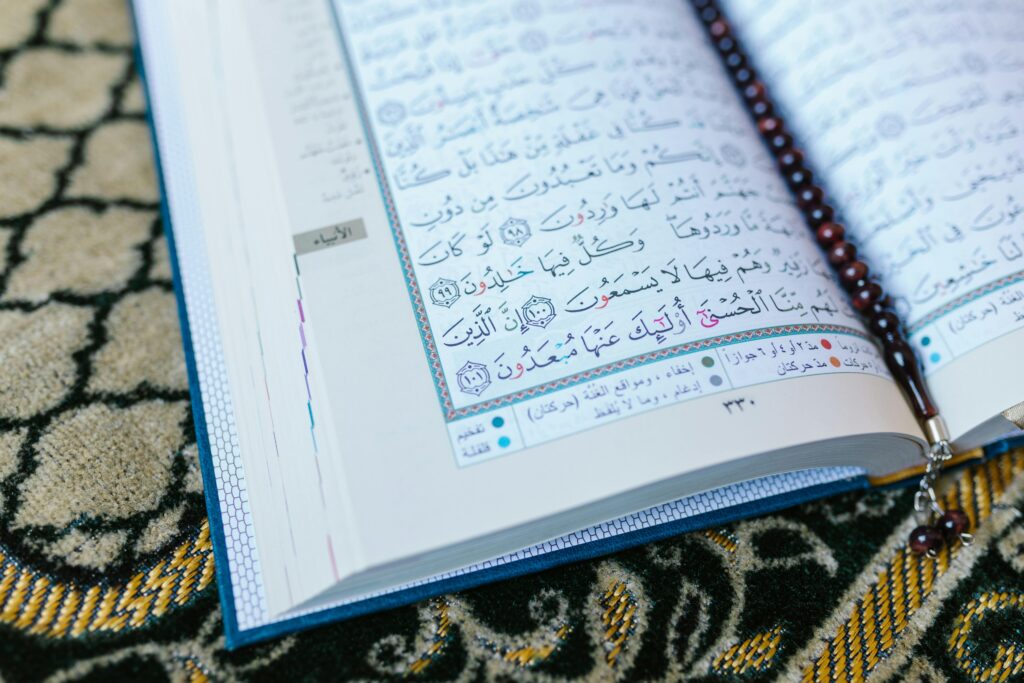Does Allah Forgive Zina? Honest Answers for Troubled Hearts
A man sits alone in the quiet, late at night, haunted by regret. He remembers promises to himself, old lessons from faith, and a single, nagging question circles his mind: can Allah ever forgive me for what I’ve done? For many, the word zina carries deep shame and fear. The answer—does Allah forgive zina?—tugs at hearts heavy with remorse, desperate for hope and honesty.
What Is Zina?
In Islamic teachings, zina means unlawful sexual relations outside of marriage. The details get specific—some scholars define it as adultery or fornication, while others include a broader range of intimate acts. It’s considered a major sin and is treated with gravity in traditional and contemporary discussions around Islam. For more context on how this act is viewed across different traditions, see Zina in Islamic law and perspectives on its moral place in faith at IslamQA’s explanation.
Zina isn’t just a religious term; it’s a word loaded with emotion—guilt for those who slip, fear of judgement, and concern about God’s forgiveness.
Forgiveness in Islam: The Heart of Repentance
Allah’s mercy is wider than the sea. In Islam, forgiveness isn’t locked behind impossible barriers. Allah’s mercy creates a path to hope even when someone has fallen into serious sin, including zina. This mercy is described in Islamic texts as a kind of shelter: no one is too far gone if they return with honest hearts.
Seeking forgiveness is like watering a wilted plant. Honest regret, real change, and a plea for mercy can revive even the saddest soul. Stories throughout Islamic history shine a light on mercy—people who have made the gravest mistakes still found their way back to God’s kindness. The Yaqeen Institute explains that Allah’s forgiveness is always possible, emphasizing steps that open doors back to hope and peace.
Repenting for Zina: Conditions and Steps
Repentance (tawbah) is not just a whispered apology. True repentance in Islam has clear steps:
- Feel sincere regret. The heart aches, and the soul knows it has done wrong.
- Stop the sin completely. Like closing a door, you walk away from that mistake.
- Resolve never to return. You promise, to yourself and Allah, never to walk that road again.
- Ask Allah for forgiveness with humility.
Picture someone who once fell into zina. They feel crushed, but instead of hiding from faith, they stand and pray—tears wetting the prayer mat, words stumbling out. It’s not perfection that matters here—it’s the honesty in the heart, and the will to become better. For more on the practical side of repentance, including stories and advice, check Seeking Forgiveness for Major Sins.
Proof from the Quran and Sunnah
The Quran promises that Allah forgives all sins for those who sincerely repent. In Surah Az-Zumar 39:53, it says: “Say, ‘O My servants who have transgressed against themselves [by sinning], do not despair of the mercy of Allah. Indeed, Allah forgives all sins.’” The message is clear. No matter how big the mistake, the gates of forgiveness stay open.
Prophet Muhammad (peace be upon him) echoed this in hadiths, teaching that Allah receives every penitent servant with open arms. Sincere sadness and a new commitment are all it takes for mercy to find you—even after zina.
Healing After Repentance: Rebuilding Life and Faith
Shame and self-blame can feel like heavy chains. But repentance in Islam isn’t just about erasing the past. It’s about growing, rebuilding faith, and discovering new strength.
Starting over means:
- Surrounding yourself with people who want to help you do better.
- Building small, steady acts of worship into daily life.
- Reminding yourself that Allah’s acceptance is bigger than your doubts.
Those who walk this path often become kinder, gentler souls—softened by the memory of a mistake and the sweetness of mercy. Holding onto hope and rejecting despair is part of faith itself. Even if reminders of the past nag you, believe in Allah’s love and start fresh every single morning. A thoughtful discussion on how this works in practice can be found at How Allah forgives sins, which touches on stories and encouragement from the community.
Conclusion
Regret can shatter you. But in Islam, honest repentance is a door to both hope and a new self. Allah’s mercy opens again and again to those who ask for it, no matter how serious their mistake was. Zina doesn’t mark the end of someone’s story—it can become the turning point, the pause before real change begins.
Reflect on mercy for yourself and for others. Forgiveness is more than a second chance—it’s a promise that anyone can find peace, even after the darkest nights.
https://ehidayat.com/essential-guide-to-juz-amma-surahs-themes-insights/
You may also like to read some other resources
Discover the Dua for Inner Peace
Dua for Rizq | Increase Your Blessings
Powerful Dua for Confidence: Musas

